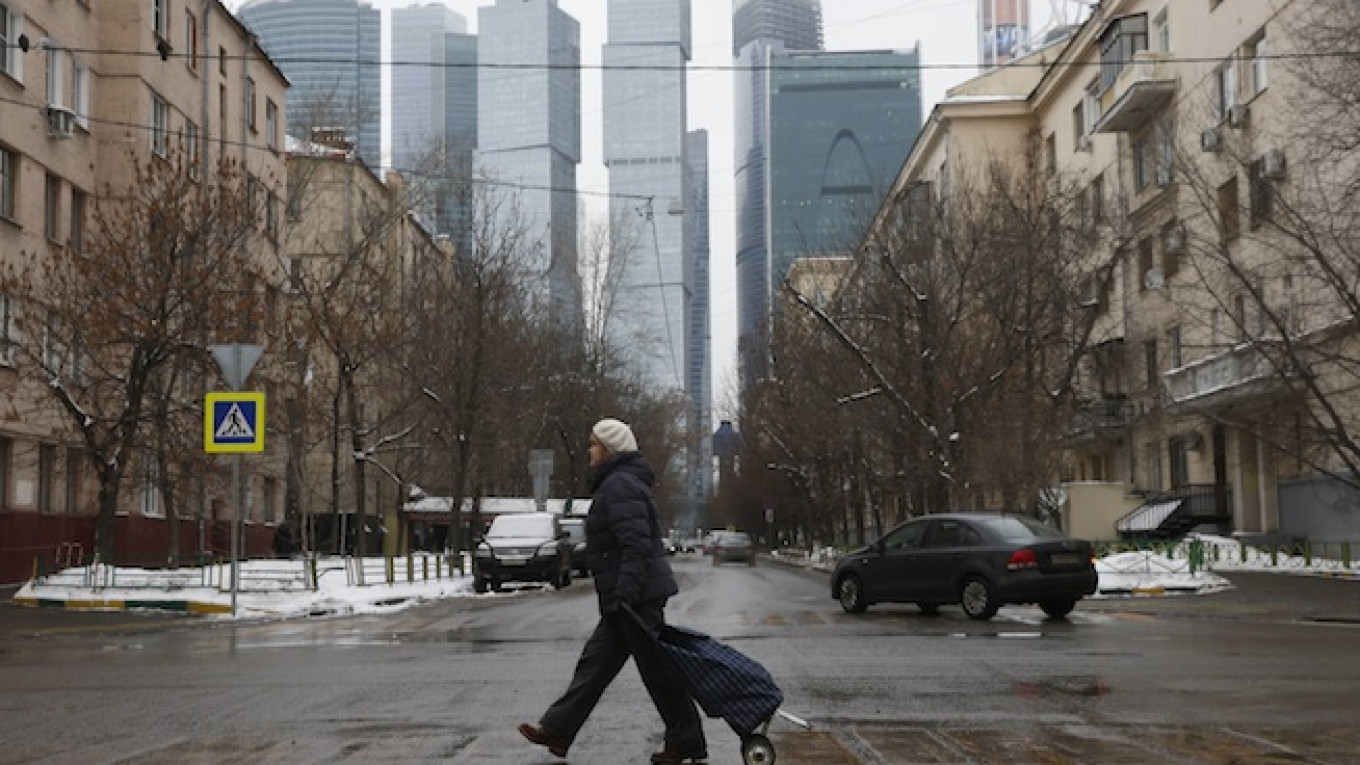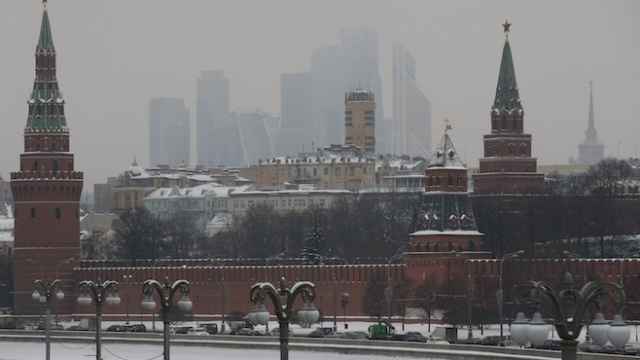The Emergency Situations Ministry has said Moscow's sewers were to blame for a mysterious "chemical" smell that prompted complaints in a number of the city's districts.
In a statement on its website, the ministry said Monday that the fumes had been caused by the presence of ethyl acetate in Moscow's sewers, adding the substance did not pose a health threat.
On Sunday, the ministry issued a warning advising Muscovites to close their windows if they noticed a "chemical" smell, following complaints from residents in the capital's Sokolniki, Lefortovo and Nagatinsky Zagon districts about a mysterious stench in their neighborhoods.
A warning issued online recommended that residents stay indoors, keep their windows and doors shut, and seal any door cracks with wet towels.
An official for the Moscow branch of the emergency agency, Andrei Pavlov, told radio station Govorit Moskva that test results showed the concentration of air pollutants in the capital had not exceeded permissible limits on Sunday or Monday.
Pavlov added that the sewers "were mostly to blame for the odors," without specifying what else might have caused the smell.
Ethyl acetate, a colorless liquid with an intense smell, is used in various industries. Its fumes can provoke irritation of the eyes and the respiratory tract.
A Message from The Moscow Times:
Dear readers,
We are facing unprecedented challenges. Russia's Prosecutor General's Office has designated The Moscow Times as an "undesirable" organization, criminalizing our work and putting our staff at risk of prosecution. This follows our earlier unjust labeling as a "foreign agent."
These actions are direct attempts to silence independent journalism in Russia. The authorities claim our work "discredits the decisions of the Russian leadership." We see things differently: we strive to provide accurate, unbiased reporting on Russia.
We, the journalists of The Moscow Times, refuse to be silenced. But to continue our work, we need your help.
Your support, no matter how small, makes a world of difference. If you can, please support us monthly starting from just $2. It's quick to set up, and every contribution makes a significant impact.
By supporting The Moscow Times, you're defending open, independent journalism in the face of repression. Thank you for standing with us.
Remind me later.






